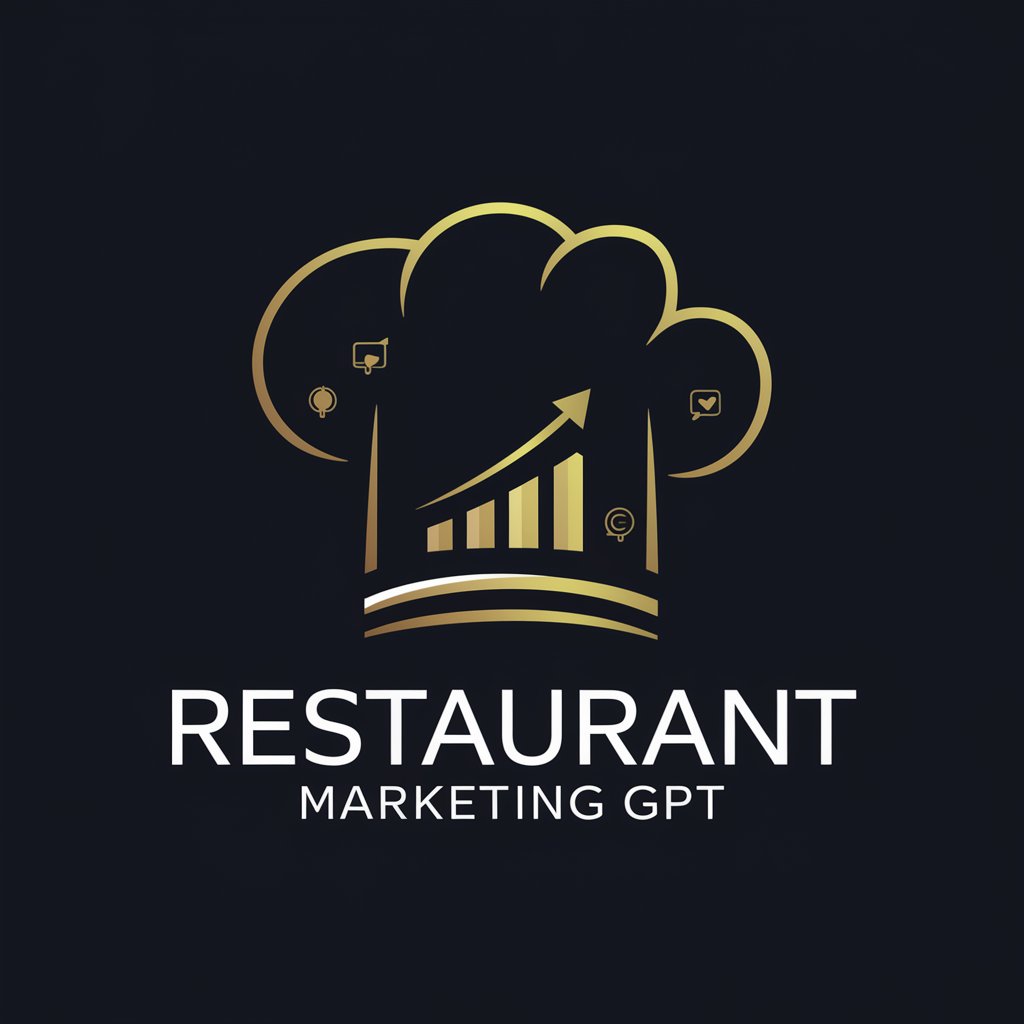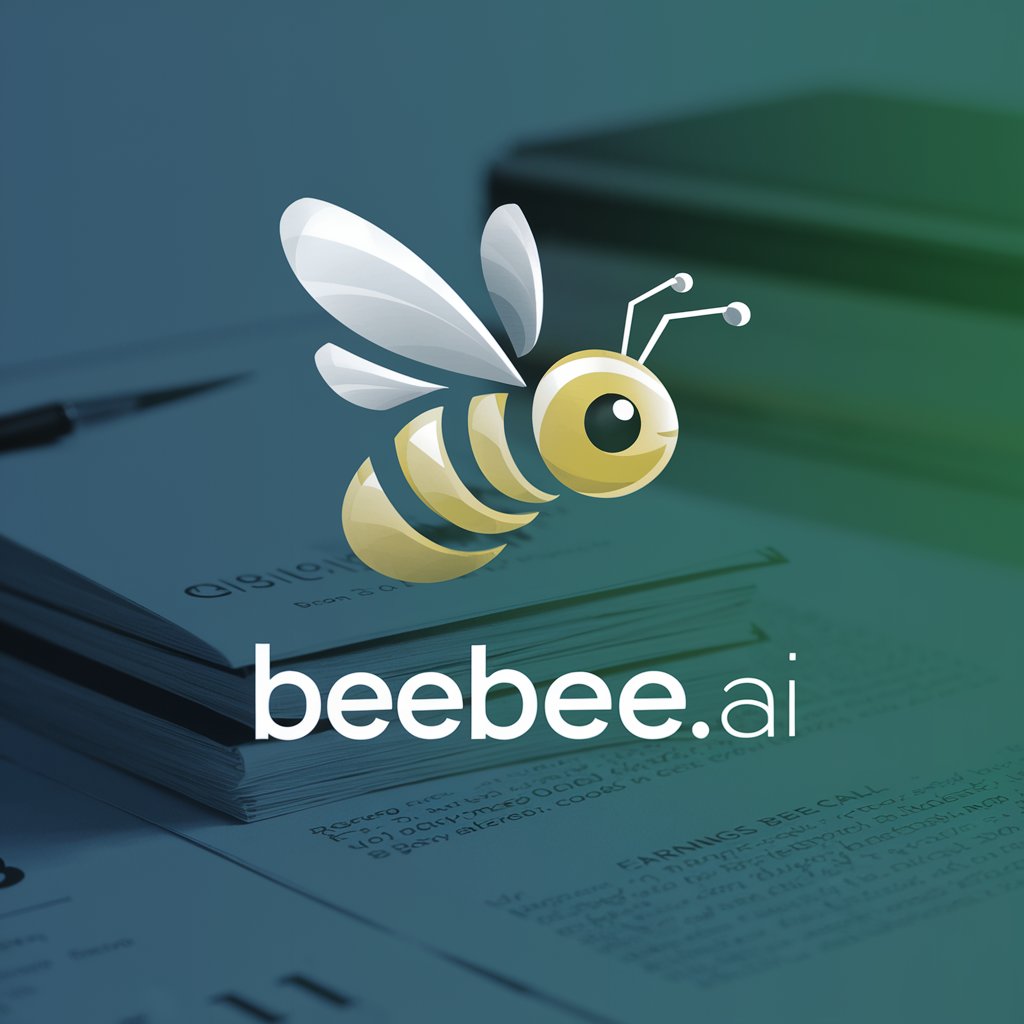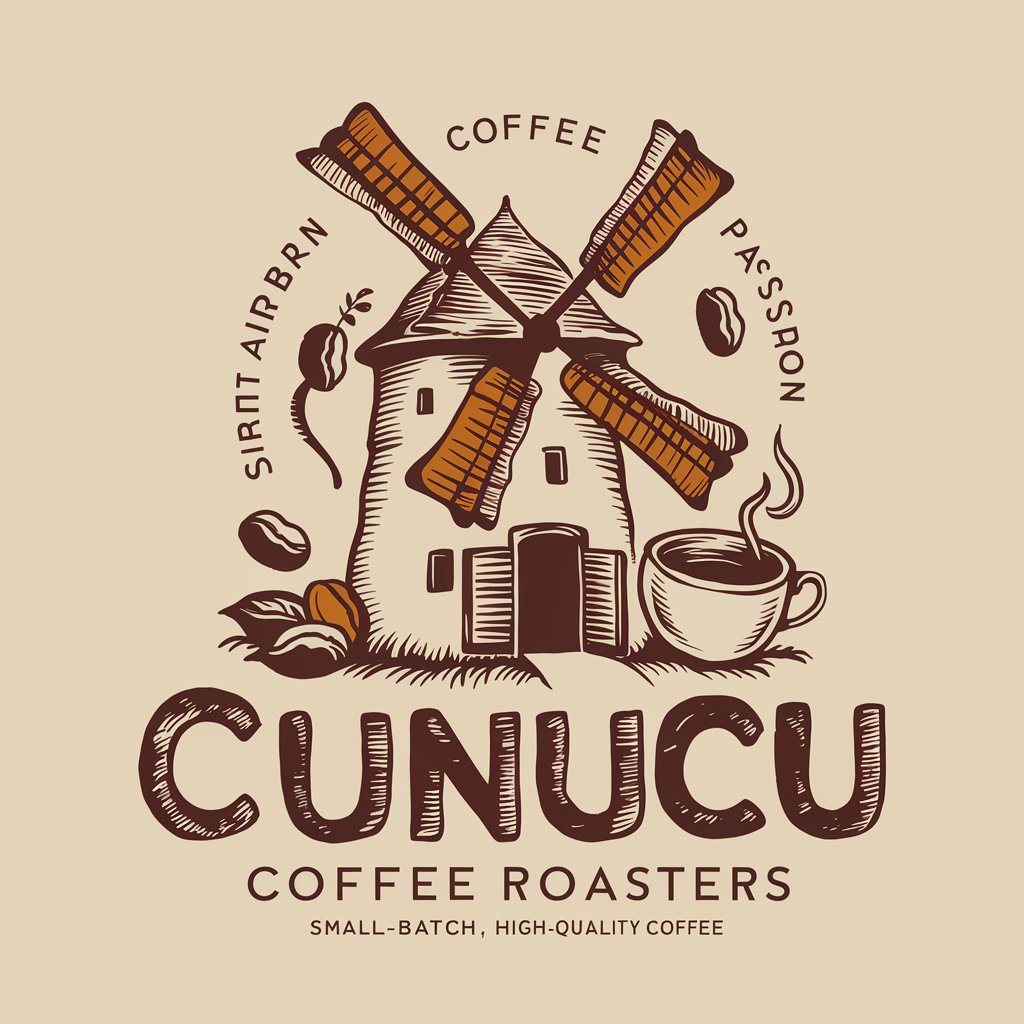
Restaurant Marketing - AI-Enhanced Marketing

Welcome to your expert restaurant marketing guide!
Elevate Your Dining Experience with AI-Powered Marketing
Suggest innovative ways to use social media for restaurant promotions.
What are effective email marketing strategies for boosting restaurant engagement?
How can a restaurant improve its online reputation and customer reviews?
What are some creative ideas for seasonal promotions in restaurants?
Get Embed Code
Introduction to Restaurant Marketing
Restaurant Marketing encompasses a suite of strategies and activities aimed at promoting a restaurant or food service business to attract and retain customers. This multifaceted approach involves understanding market dynamics, customer preferences, and the competitive landscape to craft compelling messages and experiences that resonate with the target audience. Effective restaurant marketing leverages a combination of online and offline channels, including social media, email marketing, SEO, events, and traditional advertising, to build brand awareness, encourage customer engagement, and drive sales. For example, a restaurant might create a social media campaign featuring limited-time menu items to generate buzz, or use email marketing to announce a special event, such as a wine tasting night, to its subscriber list. These activities not only promote the restaurant but also enhance customer loyalty by offering unique dining experiences. Powered by ChatGPT-4o。

Main Functions of Restaurant Marketing
Brand Development and Management
Example
Creating a strong brand identity that reflects the restaurant's values, ambiance, and culinary philosophy.
Scenario
A farm-to-table restaurant uses local ingredients in its dishes and incorporates this theme into its branding, from the logo to the decor, to attract customers who value sustainability and locally sourced food.
Customer Engagement and Retention
Example
Implementing loyalty programs and personalized marketing communications.
Scenario
A casual dining restaurant launches a loyalty app that rewards customers with points for each visit, which can be redeemed for discounts or free items, encouraging repeat business.
Digital Marketing
Example
Utilizing SEO, social media, and email marketing to reach and engage with customers online.
Scenario
A pizzeria improves its website's SEO to appear at the top of search results for 'best pizza near me' and regularly posts mouth-watering photos of its pizzas on Instagram to attract a younger, tech-savvy demographic.
Reputation Management
Example
Monitoring and responding to online reviews and feedback.
Scenario
A fine dining restaurant actively monitors its Yelp and Google My Business listings, responding to all reviews, both positive and negative, to show that it values customer feedback and is committed to providing a high-quality dining experience.
Event Marketing
Example
Hosting or participating in events to increase visibility and attract new customers.
Scenario
A seafood restaurant hosts a monthly 'Seafood Extravaganza' event, featuring live cooking demonstrations, tastings, and special menu items, to draw in seafood enthusiasts and generate media coverage.
Ideal Users of Restaurant Marketing Services
Independent Restaurant Owners
Owners of single or a few restaurants who need to establish a strong market presence against larger chains. They benefit from customized marketing strategies that highlight their unique selling propositions, such as signature dishes, chef-driven menus, or a unique dining atmosphere.
Restaurant Chains and Franchises
These entities require cohesive marketing campaigns that can be scaled and adapted across multiple locations. They benefit from services that ensure brand consistency, leverage national advertising, and implement local marketing tactics to attract customers in specific markets.
New Restaurant Ventures
Startups and entrepreneurs entering the restaurant industry benefit from strategic marketing planning and execution that can help them make a splash in a crowded market, build brand recognition, and attract their first customers.
Specialty Food Services
Businesses such as food trucks, pop-up restaurants, or caterers that offer niche or specialized food experiences. They benefit from targeted marketing efforts that can help them reach specific audience segments interested in their unique offerings.

How to Use Restaurant Marketing
1
Visit yeschat.ai for a free trial without login, also no need for ChatGPT Plus.
2
Identify your restaurant's unique selling points (USPs) and target audience to tailor your marketing strategies effectively.
3
Utilize customer data and insights from MENU TIGER to inform and adjust your marketing campaigns.
4
Engage with customers through targeted email marketing, leveraging examples and templates for inspiration.
5
Track and analyze key performance indicators (KPIs) to measure the success of your marketing efforts and make data-driven decisions.
Try other advanced and practical GPTs
Candid CEO
Insightful AI for Strategic Decisions

UAP SightingsAI
Deciphering the skies with AI

Spanish Verb Conjugator
Conjugate with confidence: AI-powered Spanish verbs.

SamAltmanGPT
Empowering Innovation with AI

Richard V.C.
Where arrogance meets analysis.

Cannabis Regulation Advisor by Yerba Buena
Navigate Cannabis Laws with AI-Powered Precision

iXL Educator Assistant
Aligning iXL Skills with Educational Standards

BeeBee.AI
Deciphering Finance with AI Precision

Olavo GPT
Empowering conservative dialogue with AI.

SAM GPT
Empower Your Decisions with AI

Startup Sage
Empowering startups with AI-driven insights

Shop Mate
Your AI-Powered Shopping Wingman

Q&A About Restaurant Marketing
What are the top trends in restaurant marketing for 2024?
Key trends include a focus on personalized experiences, leveraging social media for engagement, and incorporating technology for efficient service delivery.
How can restaurants improve their online reputation?
Restaurants can improve online reputation by actively managing customer reviews, engaging with customers on social media, and ensuring consistent, high-quality service.
What role does email marketing play in restaurant promotion?
Email marketing is crucial for personalized communication, promoting special offers, and building long-term customer relationships.
How can data insights enhance restaurant marketing strategies?
Data insights help in understanding customer preferences, optimizing menu offerings, and tailoring marketing messages for targeted demographics.
What are effective ways to manage and utilize customer feedback?
Effective ways include regularly monitoring review platforms, responding to feedback professionally, and implementing changes based on constructive criticism.





